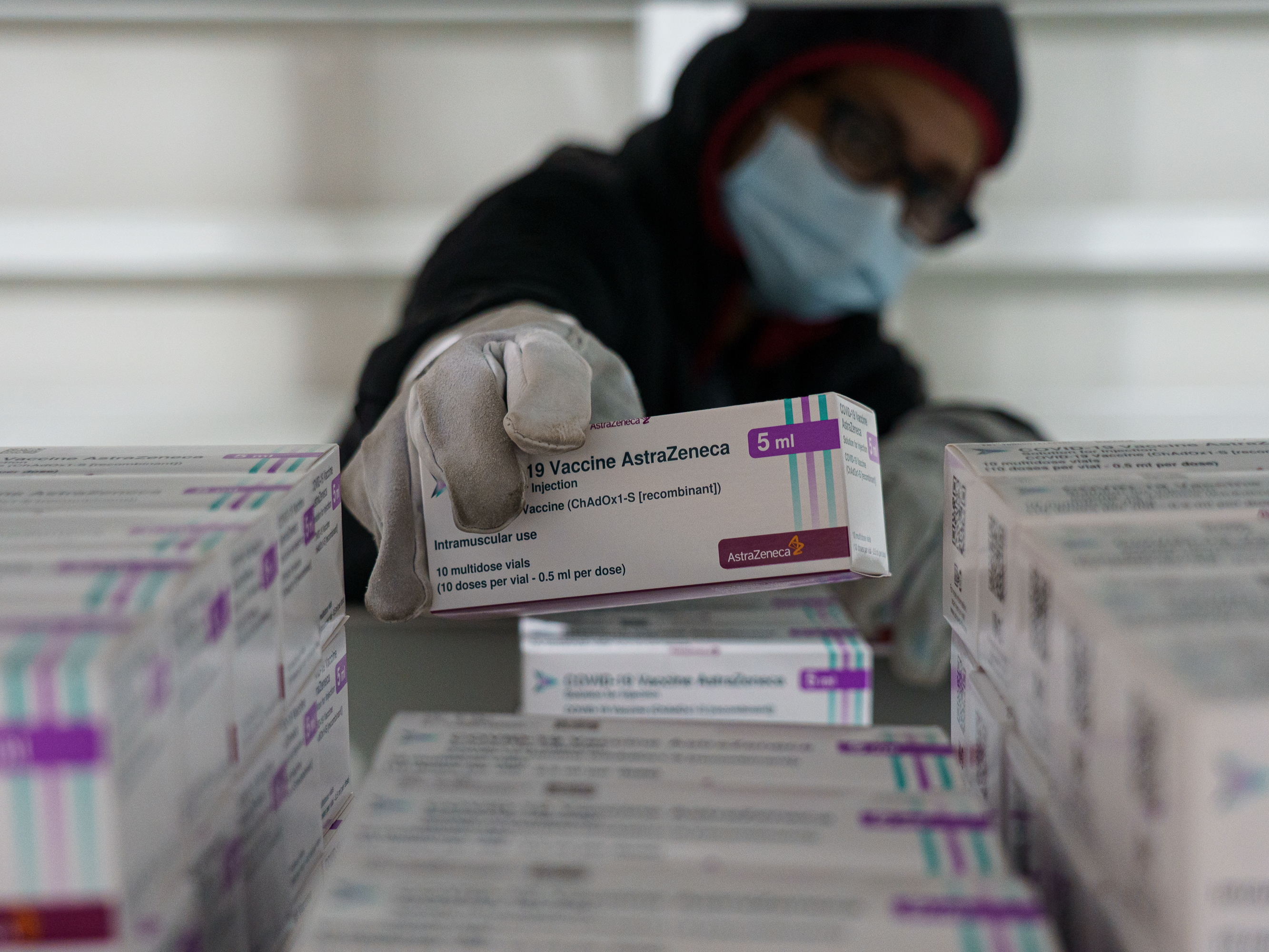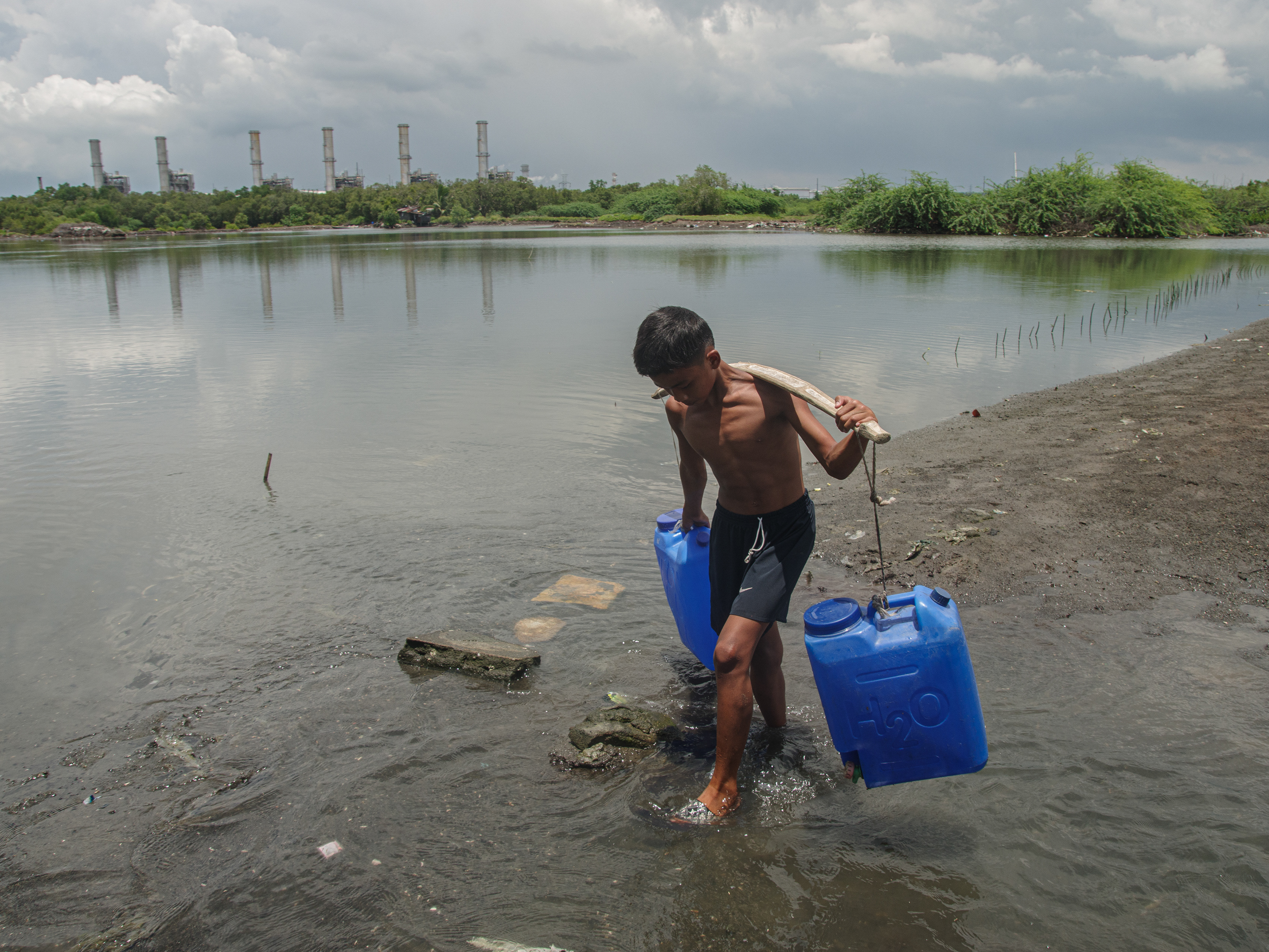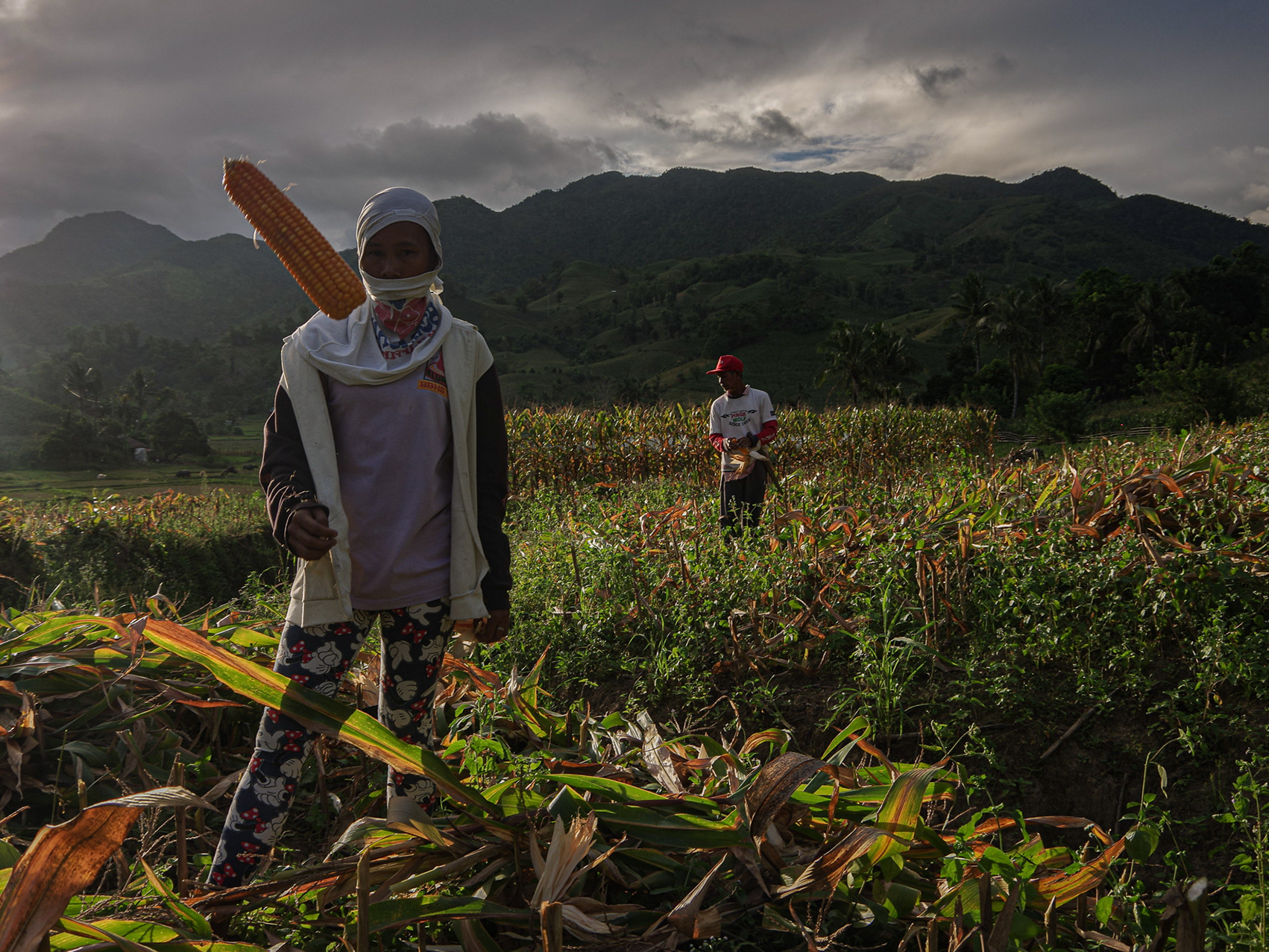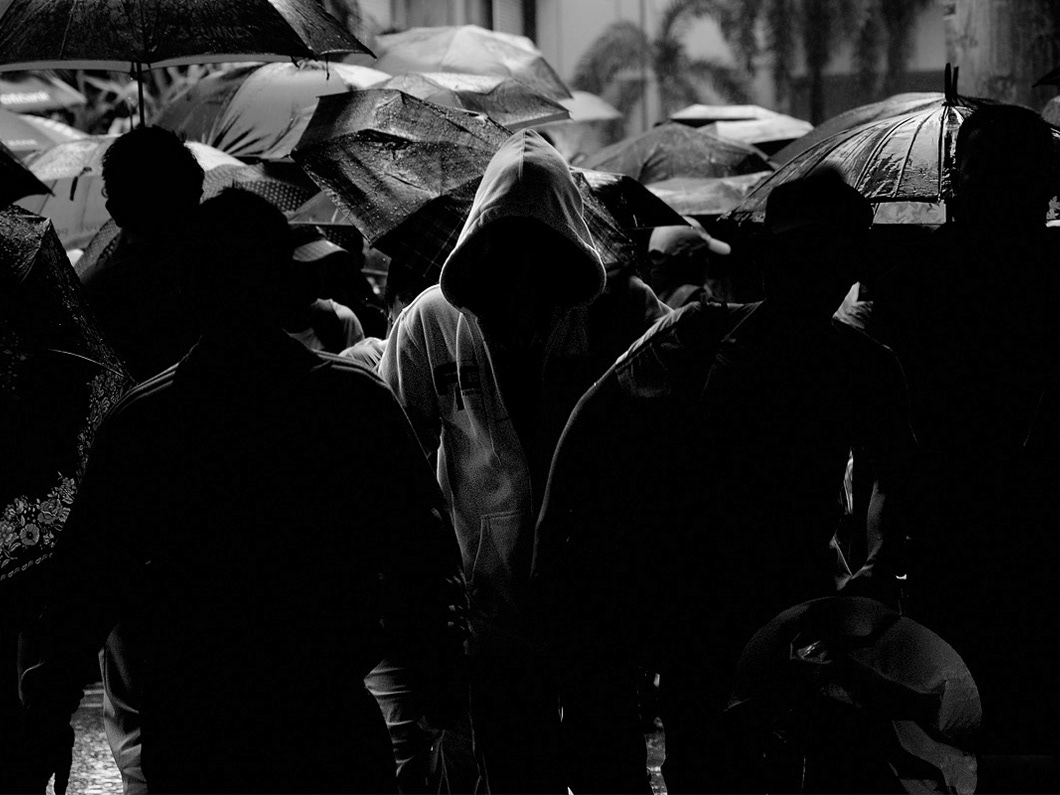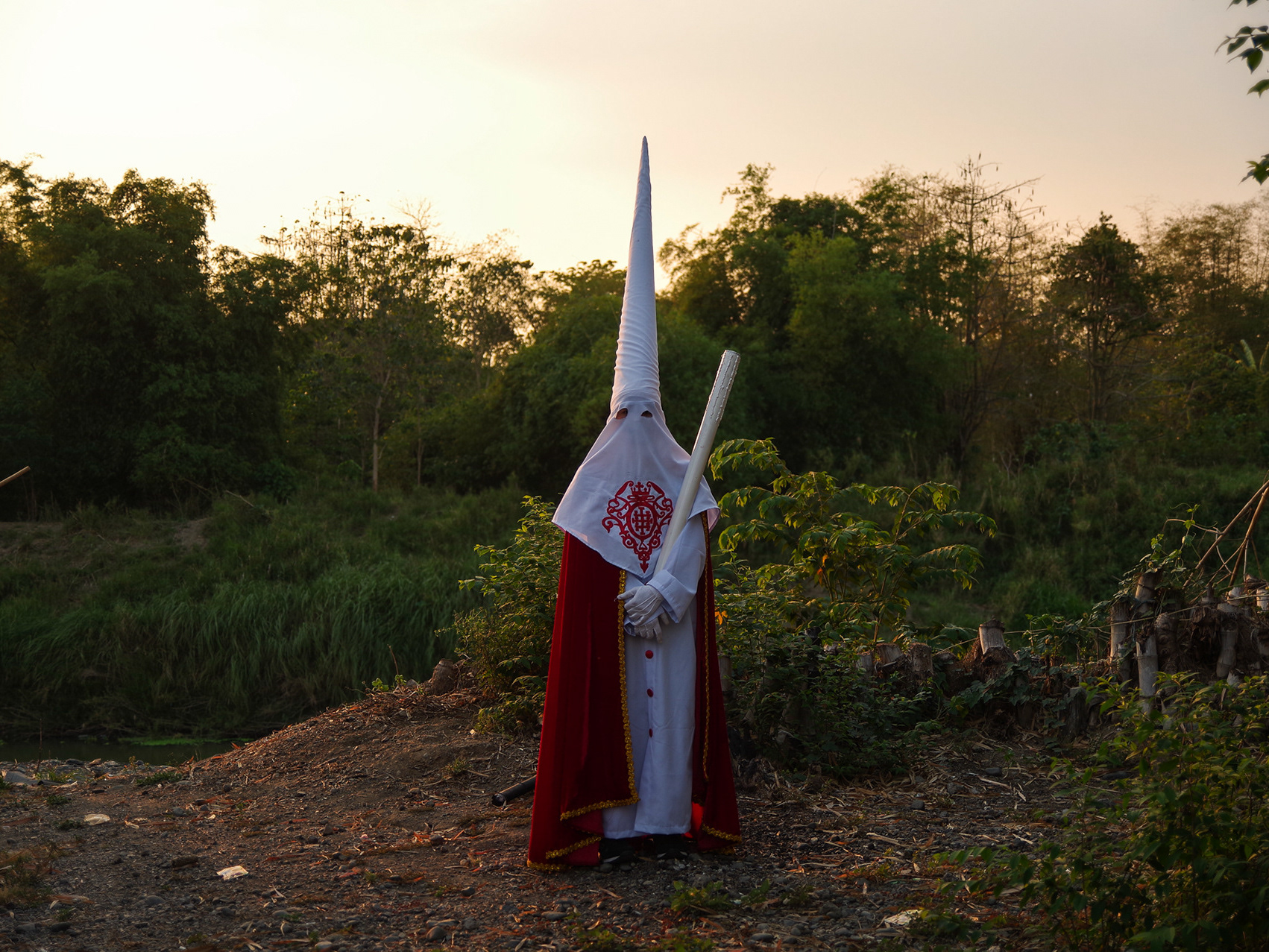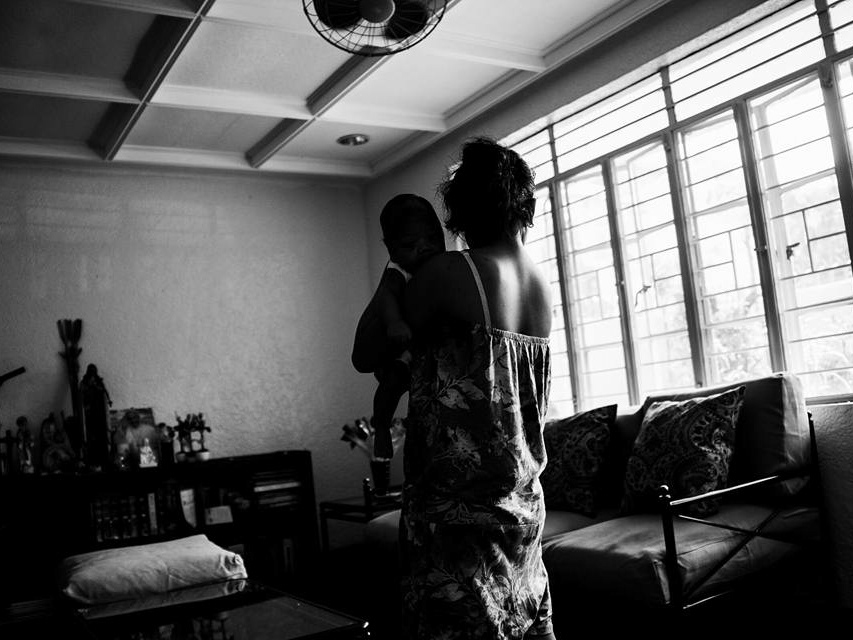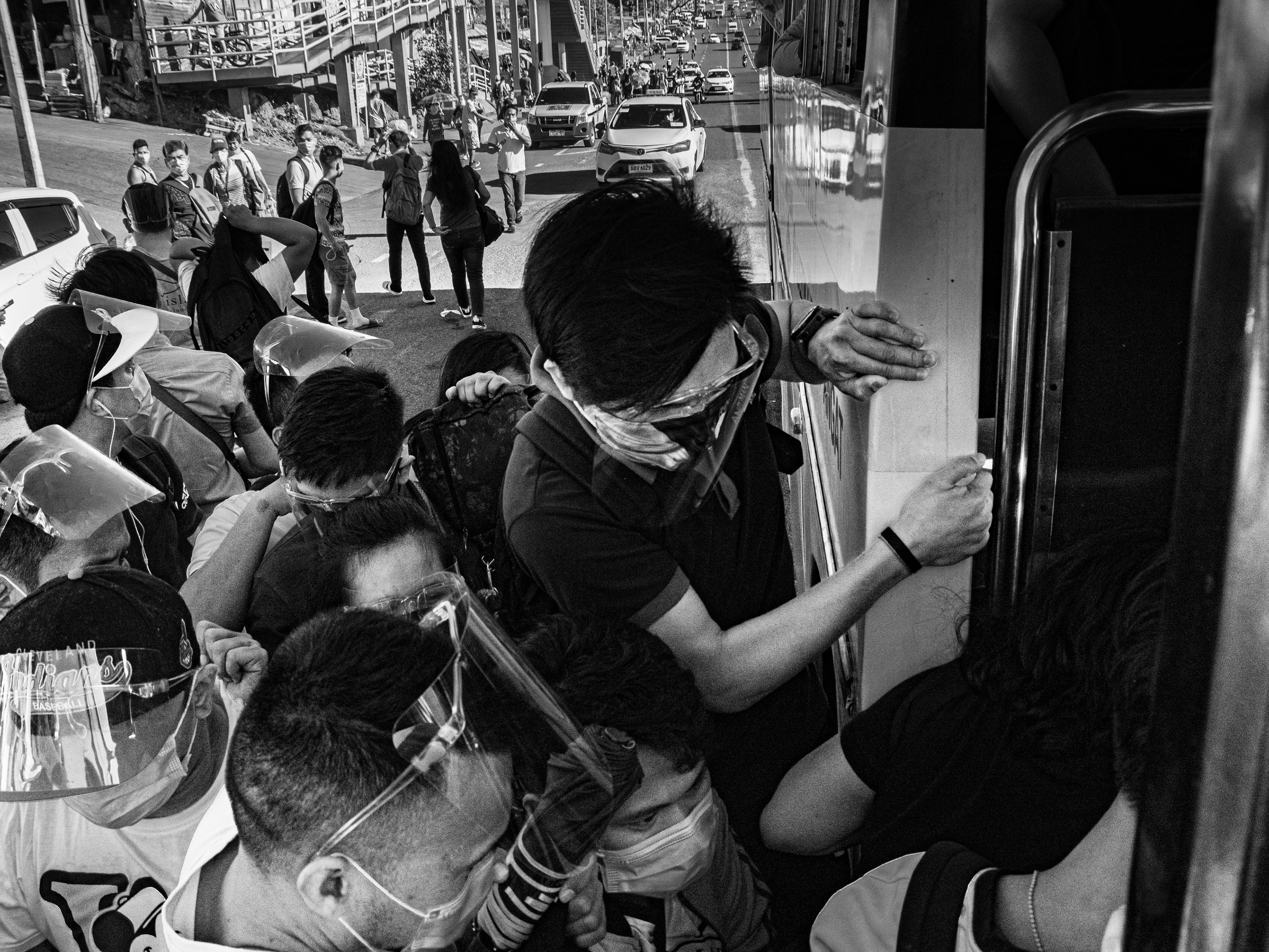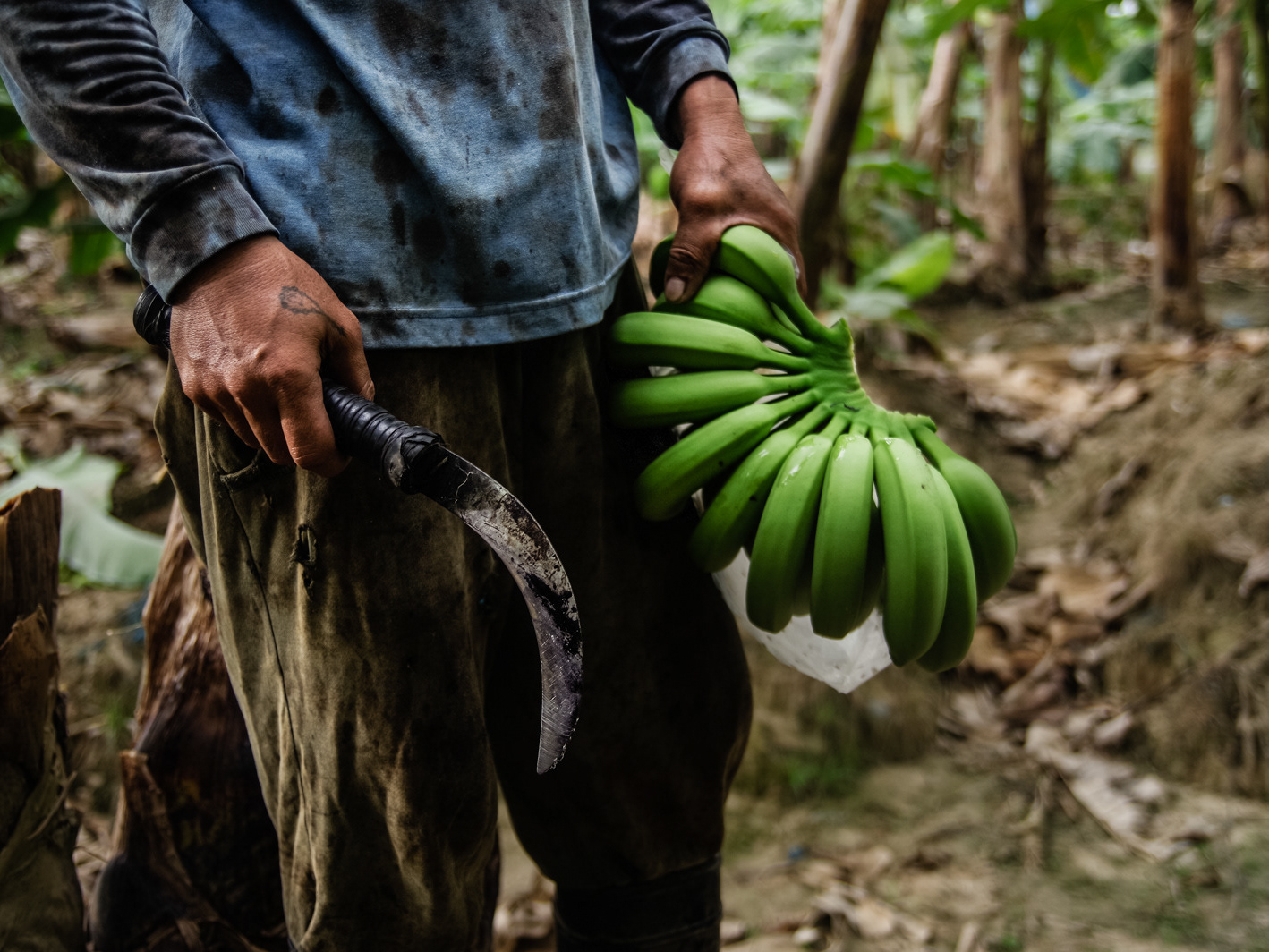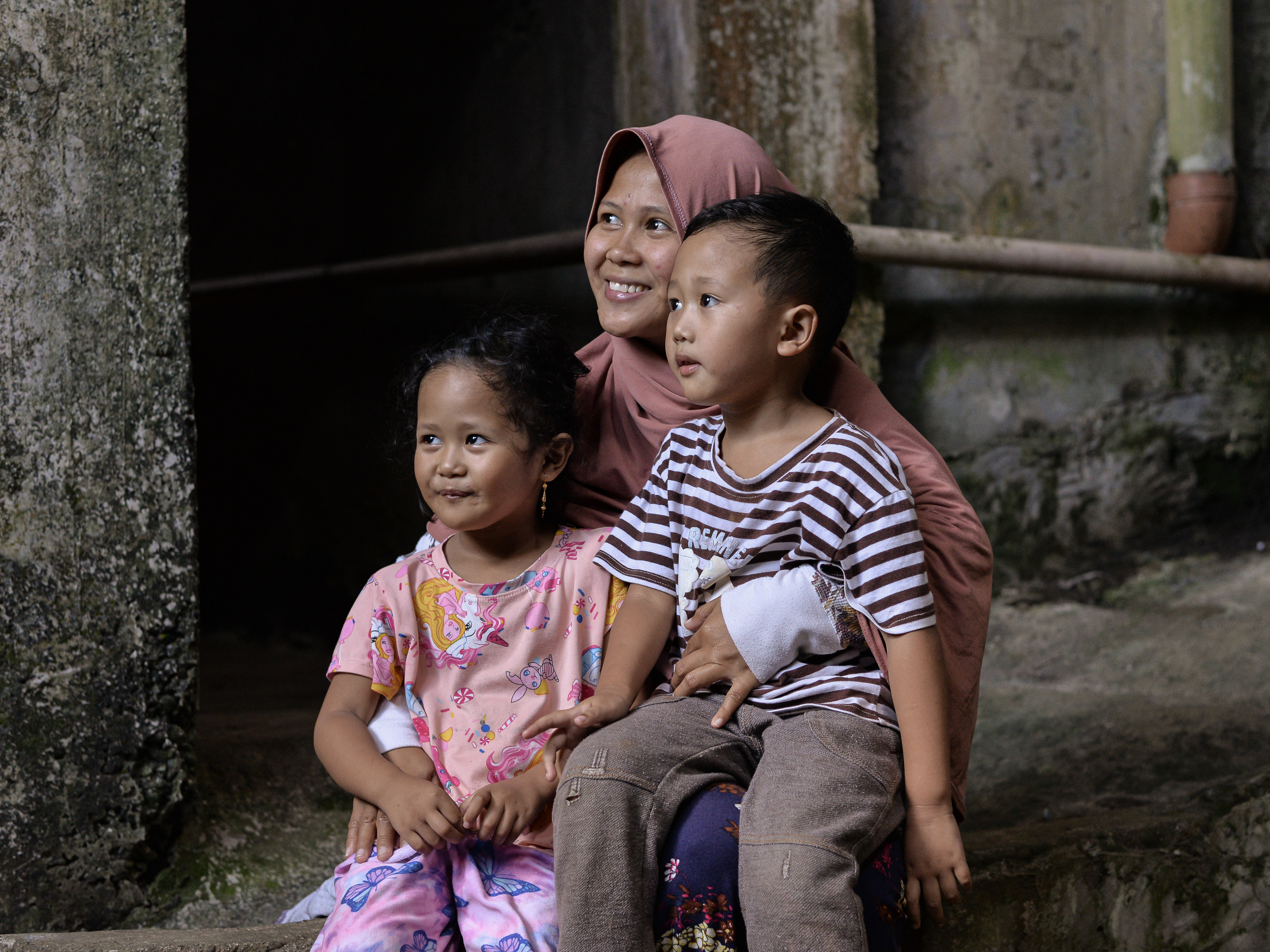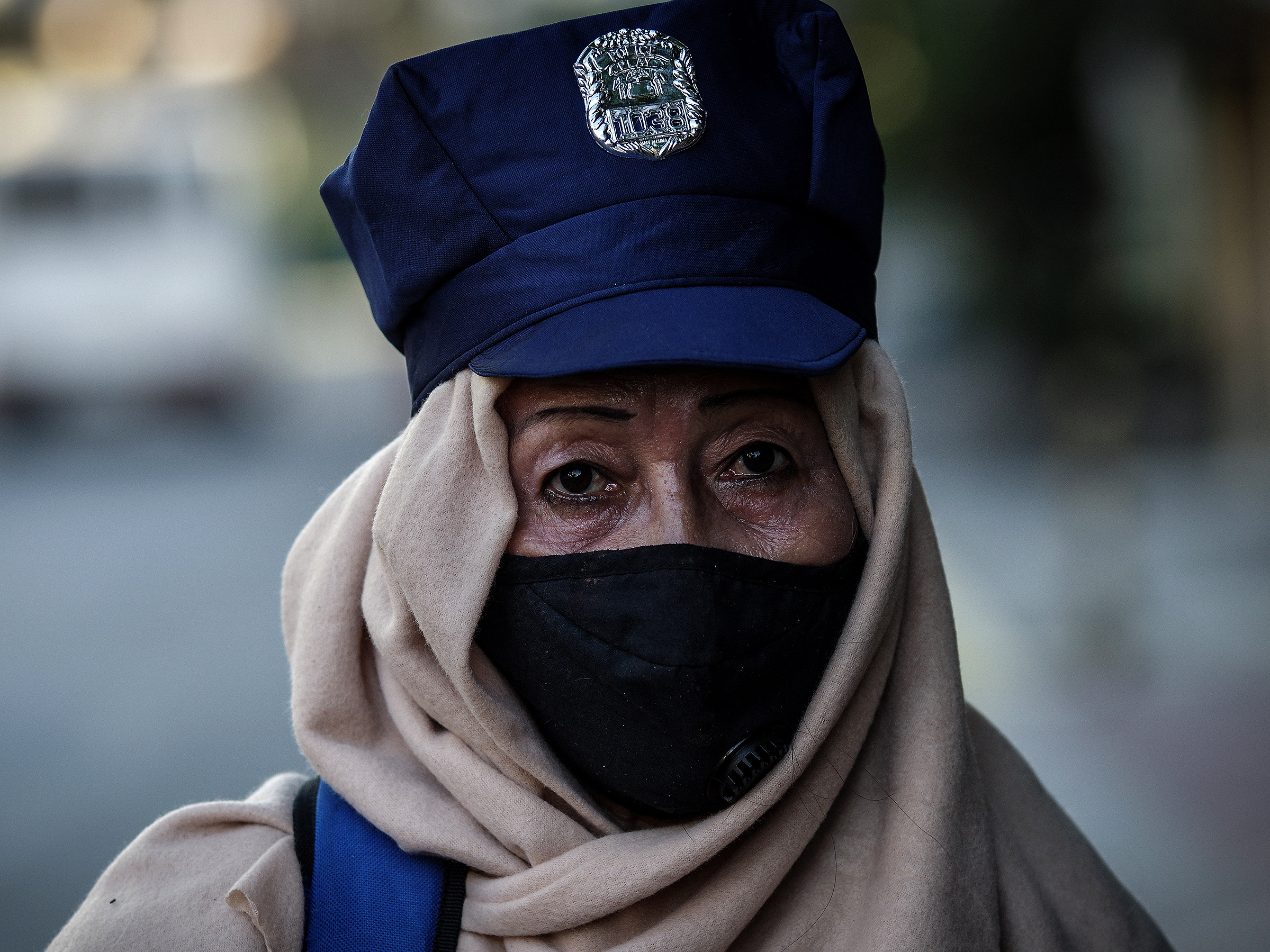________________________________________________
Going the extra mile to vaccinate every child in Manila against polio
Health workers are at the forefront of the polio outbreak response
Text by Teresa Cerojano | Photography by Larry Monserate Piojo
Carmen Macalalad, Nurse Supervisor of District 5 in the City of Manila. (Photo by Larry Monserate Piojo/UNICEF)
She goes around Manila’s parks at night to check on street children who may have missed their oral polio vaccine. In the morning, she sits on sidewalks giving polio vaccines to street dwellers’ children lying on cardboard mats.
Carmen Macalalad, Nurse Supervisor of District 5 in the City of Manila, has been regularly sleeping on a thin mattress in her office since the start of the polio outbreak vaccination campaign in October 2019. She rarely goes home to Antipolo, where she lives with her elderly parents.
Carmen, 58, has been a public health nurse for 29 years. Her dedication to her job has been recognized by the National League of Nurses, which gave her the Outstanding Public Health Nurse award in 2013.
Because of steadily declining routine immunization coverage, and poor sanitation and hygiene, polio returned to the Philippines after two decades.
“When the polio outbreak was declared in September 2019, I knew what I had to do. I decided to devote my entire time and energy to make sure all children in my district are immunized,” says Carmen.
District 5 has the second-highest population in Manila. Carmen and her team went above and beyond the call of duty to ensure all children below 5 years old were located and given polio vaccines.
“I sleep in my office, so I can be early for work and do rounds at night in parks and streets. I wait until late at night when the homeless have spread their cardboard sleeping mats on the street, so I can convince the parents and give their children polio vaccines,” Carmen adds.
Carmen helps evacuees lay mats and cardboard pieces in an evacuation center in Manila. When parents have settled down, she talks to them about the importance of additional polio vaccination to all children, even those who already completed their routine immunization. (Photo by Larry Monserate Piojo / UNICEF)
Children below five years old are at the highest risk of polio infection. As of 24 February 2020, the Department of Health (DOH) has reported 17 polio cases. The virus can cause permanent paralysis and even death. There is no cure for polio. Complete polio vaccination is the only way to protect children.
To respond to the outbreak, DOH is working with local government units and partner organizations like UNICEF to conduct synchronized polio vaccination campaigns in priority areas in the Philippines.
Before the campaign started, Carmen’s district conducted a massive information drive, reaching out to village heads and community leaders to ensure 100 percent coverage. Carmen and her fellow health workers work long hours, even on weekends, to do house-to-house visits and vaccinate children in public places like churches, malls and markets.
“We take the visits as opportunities to inform parents about polio. We tell them that polio vaccines are safe, effective and free. We also tell them that vaccination is the only way to stop the spread of the disease. We then ask for their help in disseminating the information to other parents,” Carmen explains.
The synchronized polio vaccination campaign conducted from November to December 2019 reached a total of 1,404,517 children below 5 years old in the National Capital Region, reaching 110% coverage.
Carmen’s team tracks children who were not vaccinated because of their family’s transient status, and those in private clinics who initially did not want to have their children vaccinated.
Armed with posters, other printed materials and vaccine cooler boxes, they visit houses of children who missed their vaccines. “We are like mall product promoters, marketing polio vaccines to parents,” says Carmen, who punctuates her sentences with infectious laughter. “We talk about the value and effectiveness of polio vaccines to convince parents to have their children vaccinated.”
“We tell them that the polio vaccine is not harmful and there is no risk of overdose. We have an outbreak here, so we have to protect your children,” she adds.
Carmen said everybody worked. Even doctors went out of their way, putting in extra hours even on Saturdays and Sundays to reach children in churches.
Whatever works—Carmen even asks help from children in her district. She explains to them DOH’s Sabayang Patak Kontra Polio campaign. She encourages them to persuade their parents and neighbors to send children to health centers for the polio vaccines. (Photo by Larry Monserate Piojo / UNICEF)
However, not everyone is convinced. Some parents would refuse to have their children vaccinated. The stigma attached to vaccines because of the Dengvaxia scare made it challenging to persuade them. There are also parents who prefer vaccines to be given by private doctors instead of public health workers.
An ustadz (Muslim teacher) in Manila’s depressed community of Baseco has repeatedly refused the vaccine for his two-year-old daughter Nasria. He even signed a waiver before village officials attesting that he has refused the vaccine.
His 37-year-old wife Racma said she could not do anything but follow her husband’s decision. She said her husband does not believe vaccines are needed, arguing that their two older children have not fallen ill despite not getting vaccinated.
Carmen shared that among the difficulties they encountered was the insufficient preparation time. There is also a shortage of health workers to cover all communities. Carmen has to mobilize even clerks in the health centers to help out.
But these setbacks did not hinder Carmen and her team. “We constantly change our strategies to adapt and adjust with the daily needs and experiences in our community," she says.
"We go to all sorts of places just to reach the children, even if it’s a narrow alley, in the dumpsters, or on the streets at night.
Because polio can only be eliminated when all children are immunized. One child missed in the campaign can mean continuous risk of all children in the community,” Carmen adds.
This feature story was created for and published by UNICEF Philippines
_____________________________________________________________________________

